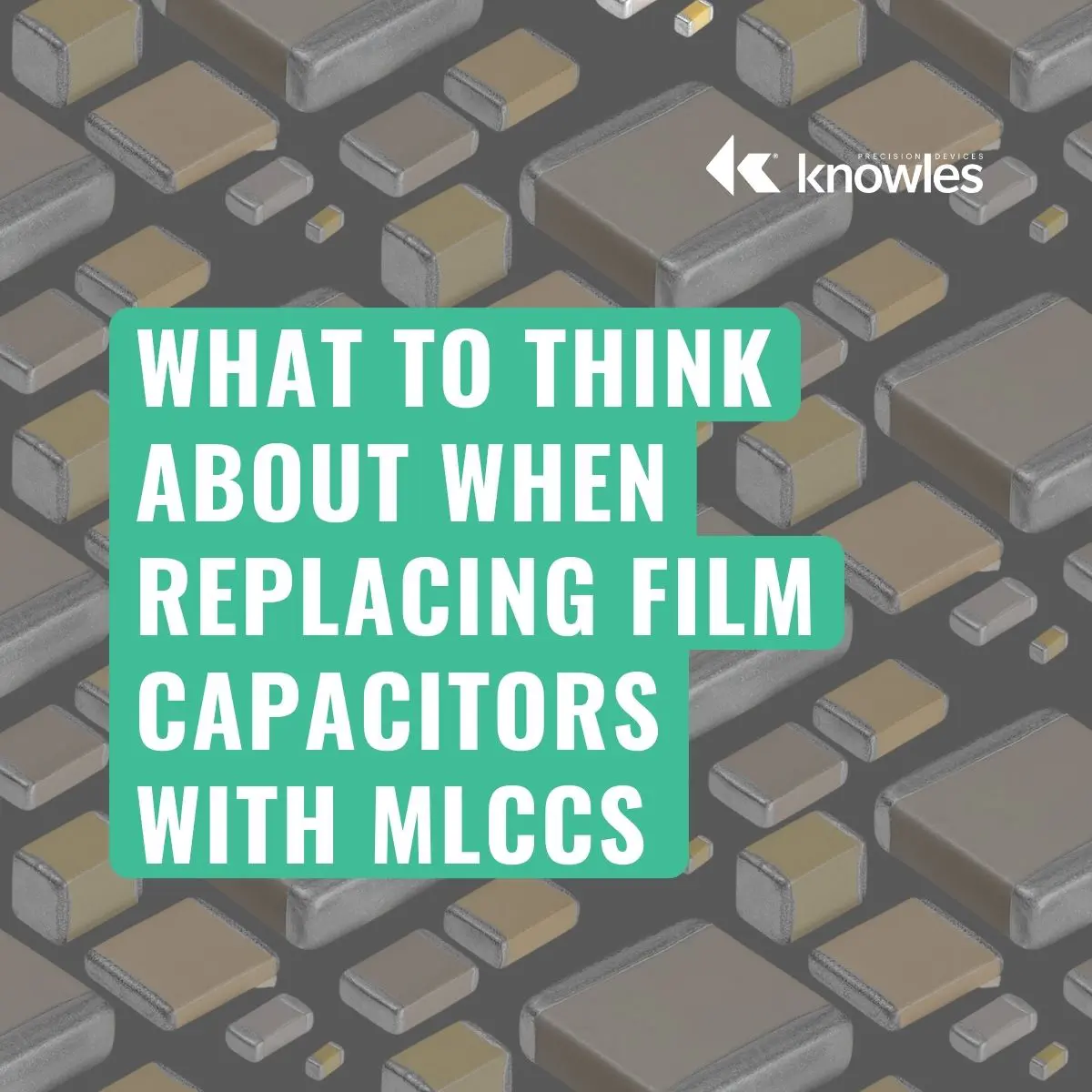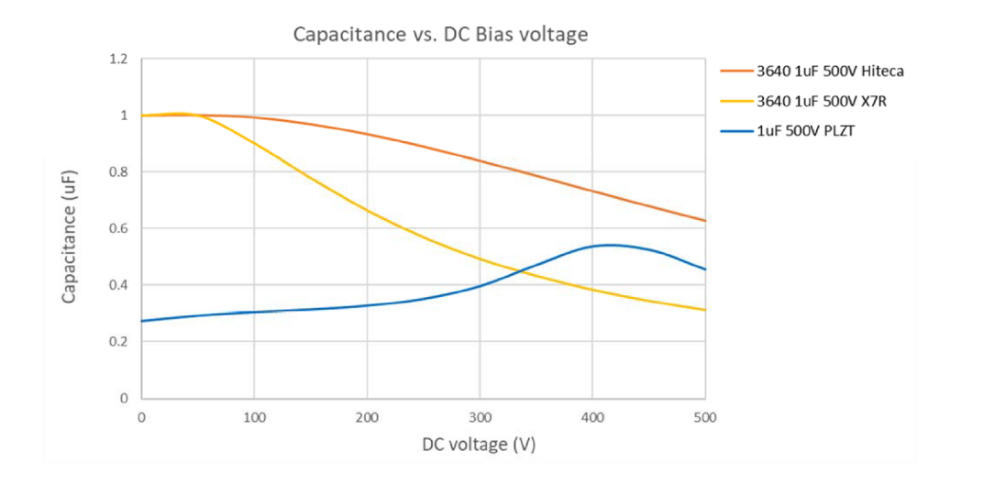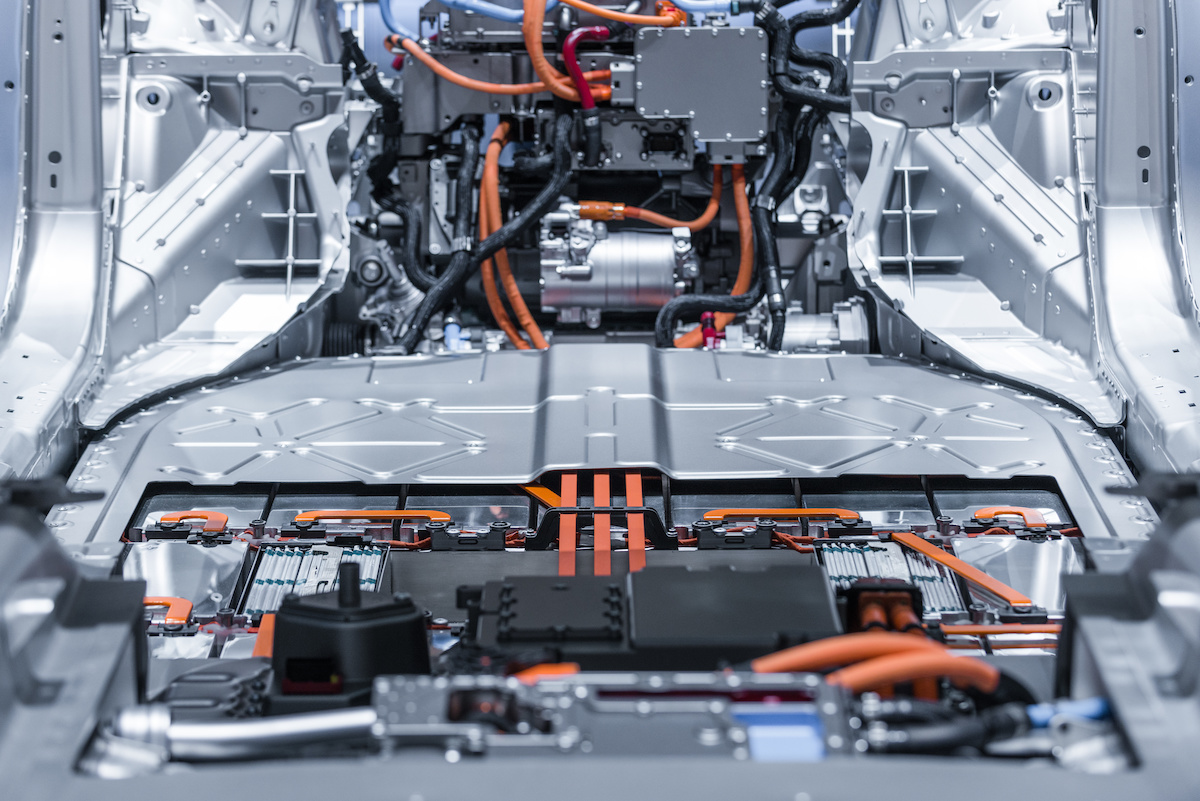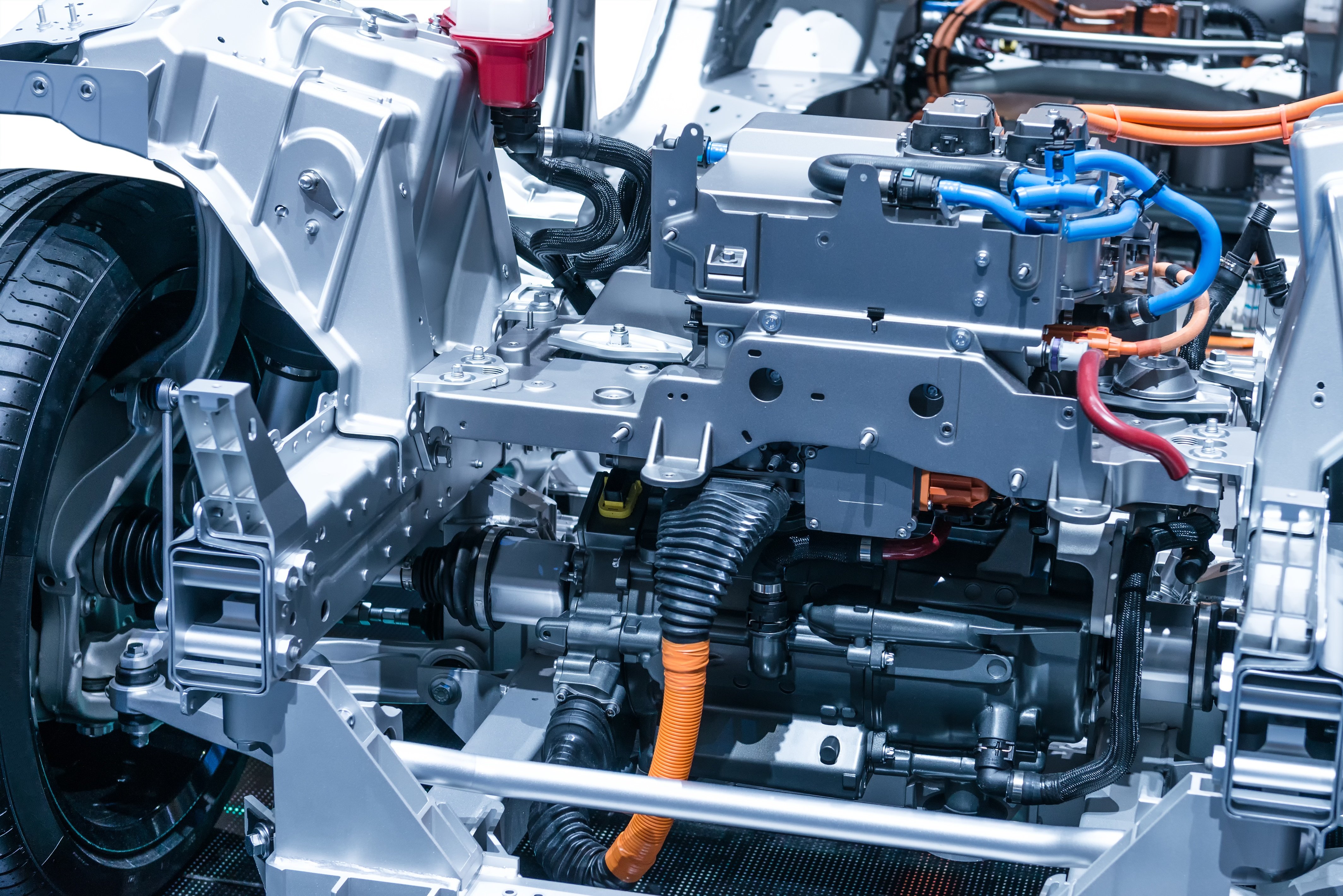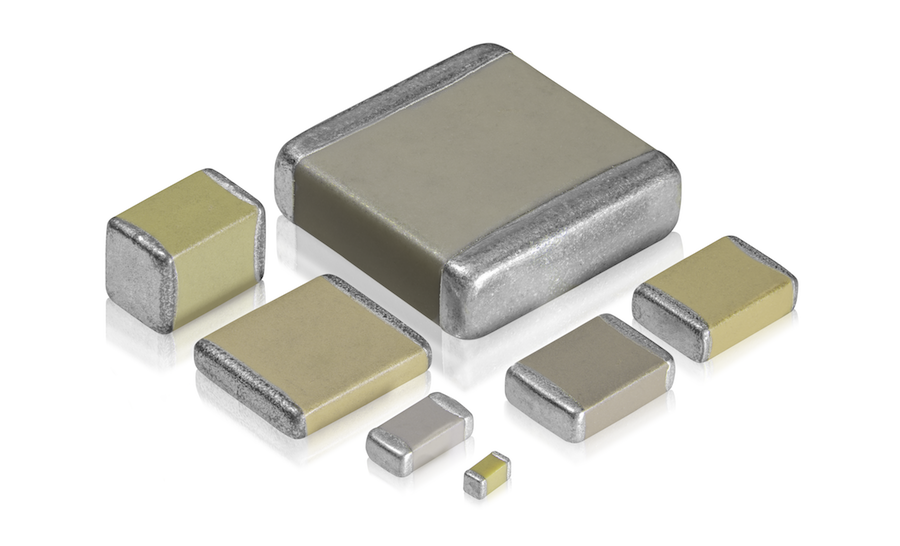Today, the design and development of many applications, such as power electronics in electric vehicles (EVs), is driven largely by concerns about size and weight. This means the film capacitors traditionally used by electronics engineers aren’t always the best option. Instead, multi-layer ceramic capacitors (MLCCs) are emerging as an excellent alternative to film capacitors. Let’s review some of the considerations to keep in mind when you are deciding if making the switch is the right choice for your application.
What to Think About When Replacing Film Capacitors with MLCCs
Topics: Capacitor, Automotive, Electric Vehicles
When an engineer designs a circuit, he or she needs to ensure that each component will “do what it says on the box.” In multi-layer ceramic capacitor (MLCC) design, one area that often concerns engineers is the fact that capacitance can fluctuate with voltage, which is known as “DC bias” or “voltage coefficient.”
Topics: Capacitor, Automotive, Electric Vehicles
Meeting the Demands of High-Voltage Electric Vehicle Systems While Guaranteeing Reliability and Safety
As countries around the world tighten emissions standards, the demand for fully electric vehicles (EVs) is increasing. However, for EVs to see mainstream adoption, manufacturers must address the primary consumer concerns: longer driving ranges and faster charging. To address these concerns, EV manufacturers are beginning to redesign their vehicles to switch from the 400V battery systems widely used today to 800V battery systems, which can offer twice the voltage and 2.7 times the power density compared to a 400V system.
Topics: Capacitor, Automotive, Electric Vehicles, High Reliability
Understanding Temperature Rise of MLCCs in High-Power EV and HEV Applications
The advantages of multilayer ceramic (MLC) capacitors over plastic film types include their smaller physical size, lower inductance, and ability to operate at higher temperatures. These advantages make MLC capacitors very well suited to high power applications, such as power converter systems in electric (EV) and hybrid electric (HEV) vehicles.
Topics: Capacitor, Automotive, Electric Vehicles
Key Considerations for Selecting Multilayer Ceramic Capacitors for Electric Vehicles
The worldwide electric vehicle (EV) market is exploding in demand and mainstream adoption as governments push for fuel economy improvements and automotive companies look for new market opportunities. According to Forbes, “by 2020, EVs are likely to cost the same as conventional fuel powered equivalents.” Major manufacturers – like General Motors, Toyota, and BMW – plan to release “a mouthwatering potential of 400 models and estimated global sales of 25 million by 2025.” For EV design engineers and purchasing agents, this drive towards increased electrification results in the challenge of finding cutting-edge components that can handle increasing temperatures, voltage, and power without sacrificing reliability, availability, and footprint.
Topics: Capacitor, Automotive, Electric Vehicles

